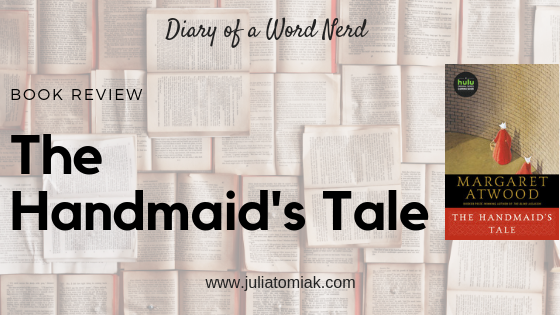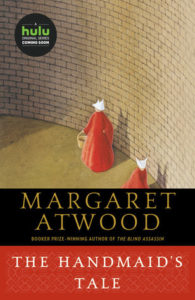I have a confession to make: part of me dreads Christmas. I hear the opening lines of “It’s the Most Wonderful Time of the Year”, and I think, No, it’s not. For me, the mother of four, Christmas means work. Thinking of presents, buying the presents, hiding the presents, wrapping the presents. And that’s just for the kids. What about friends, extended family, coworkers and teachers? It’s overwhelming. Especially when you’re a person who doesn’t like stuff or shopping.
 I hate the fact that inflatable snow men start popping up around Halloween, and the local pop station plays nothing but the same 30 holiday songs from the day after Thanksgiving until December 26th. I hate that the focus has shifted from the gift of a savior and peace on earth to Black Friday deals and endless consumption.
I hate the fact that inflatable snow men start popping up around Halloween, and the local pop station plays nothing but the same 30 holiday songs from the day after Thanksgiving until December 26th. I hate that the focus has shifted from the gift of a savior and peace on earth to Black Friday deals and endless consumption.
And then there’s the memory of moving my mother into a nursing home on a December day 23 years ago and of her death a few weeks later. “Have a Holly Jolly Christmas” makes me cry because back then it was the only thing that made her laugh, and I will always listen to “Oh Holy Night”, Mom’s favorite Christmas carol, with tears streaming down my cheeks.
So when husband asked if we wanted to put up Christmas decorations on the Sunday after Thanksgiving, I said no. I wasn’t there, mentally, physically or spiritually.
 But shortly thereafter, I listened to episode 196 of the “Happier” podcast, one of my favorites. Host Gretchen Rubin suggested that listeners choose a holiday motto by picking word or phrase to guide their experience of the holiday season and focus their attention on what is important. One of her listeners chose “Comfort and joy”, and will center her holiday activities and gifts on this theme. Rubin chose “ ’tis the season to be jolly”, because, as a somewhat “Type A” personality, Rubin often gets irritable and snappish, especially when busy. Her sister Elizabeth Craft chose “all is calm, all is bright” to remind her that everything is good and to just go with the flow over the holidays.
But shortly thereafter, I listened to episode 196 of the “Happier” podcast, one of my favorites. Host Gretchen Rubin suggested that listeners choose a holiday motto by picking word or phrase to guide their experience of the holiday season and focus their attention on what is important. One of her listeners chose “Comfort and joy”, and will center her holiday activities and gifts on this theme. Rubin chose “ ’tis the season to be jolly”, because, as a somewhat “Type A” personality, Rubin often gets irritable and snappish, especially when busy. Her sister Elizabeth Craft chose “all is calm, all is bright” to remind her that everything is good and to just go with the flow over the holidays.
I loved this idea. As soon as I heard it, I felt relieved. If I can frame my experience of the holidays with a motto, I can participate meaningfully in the season and not just react to it. And if my motto is from a song, so much the better. Words set to music are easier for me to remember and pull up for inspiration.
I chose my motto from a lesser known Christmas song, one a talented young lady sings almost every year at our church. “Be Born in Me”, by Francesca Battistelli, describes Mary’s reaction upon learning she is to bear God’s son. The opening lines of the song, “Everything inside me cries for order/ everything inside me wants to hide” cut to my soul. I relate too well to the doubt and inadequacy expressed in the lyrics of this song. Mary pleads, “Somehow help me see with heaven’s eyes” and finally, in the chorus, “Be born in me.” She’s asking for God to fill her, not just with the physical presence of the baby Jesus, but with all consuming faith.
My holiday motto, “Be born in me”, reminds me to clear my heart of worry and stress so that it can be filled with faith. I, too, want to see with heaven’s eyes.
Now I pass on Rubin’s suggestion to you. Whether you love everything Christmas, right down to the Elf on the Shelf, or the holidays bring stress and sadness, choose a holiday motto to frame your experience of the season. It can be gratitude or service, fun or family, “Let it snow” or “Goodwill to men.”
However you celebrate, and whatever you celebrate, I wish you, and this world, peace.
How do you plan to experience the holidays this year?
Thanks for getting thoughtful with me,










